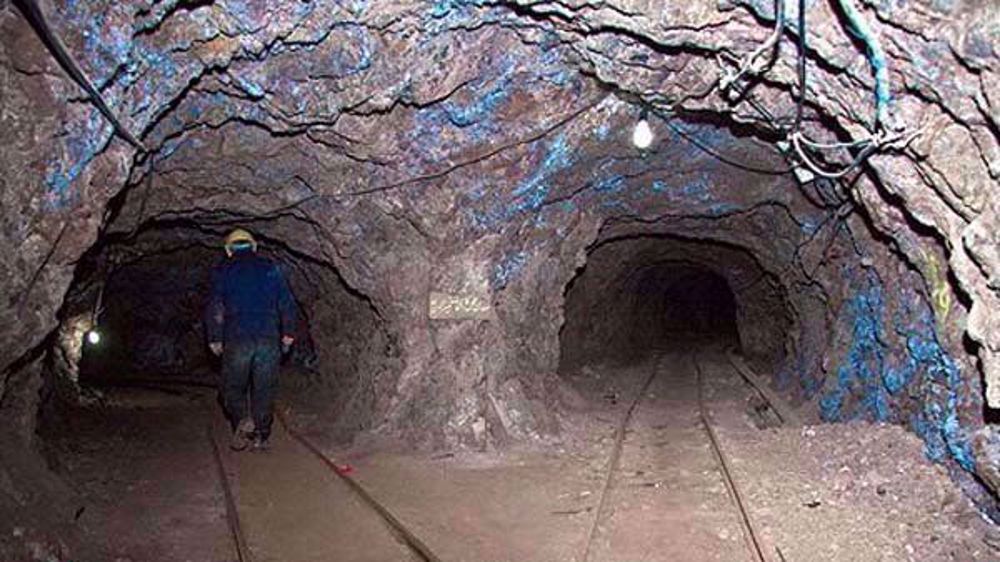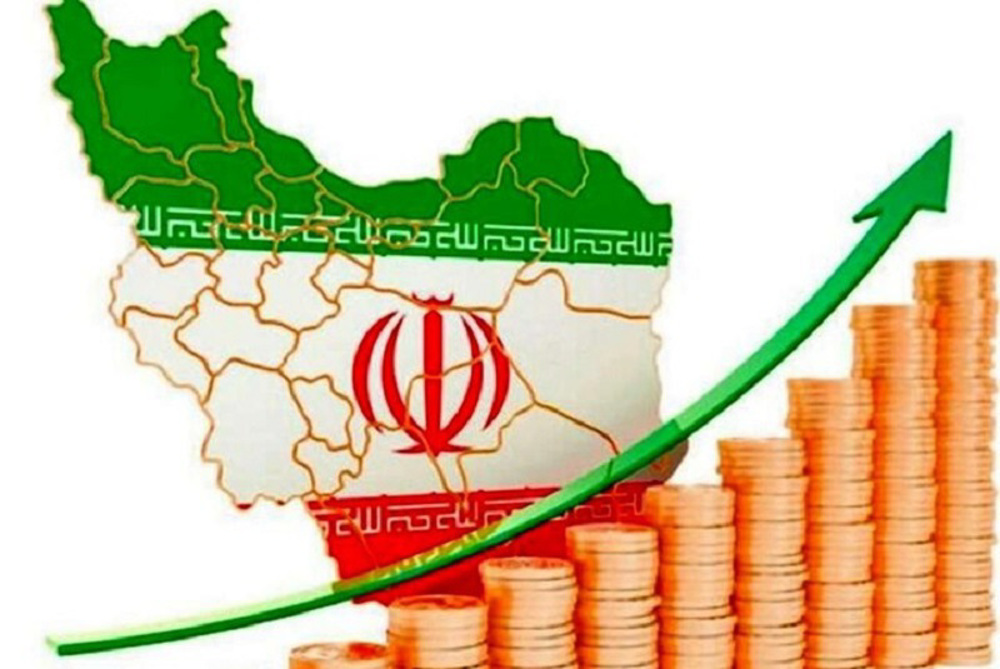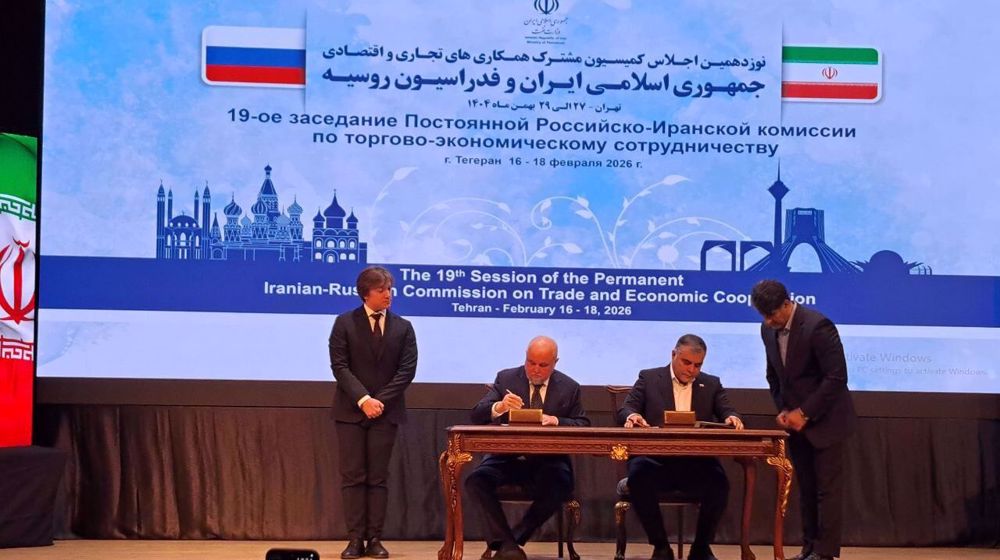Iran shipping heads off tide of US sanctions, intrigues
All major international shipping companies are maintaining port calls to Iran despite unilateral US sanctions, head of Iran's Ports and Maritime Organization Mohammad Rastad says.
“Sanctions cannot deprive Iran of maritime trade,” he said during a ceremony in Tehran on Tuesday to mark World Hydrography Day, explaining that Iran’s maritime capacities trump the sanctions.
According to Rastad, Iranian ports handled more than 135 million tonnes of goods in the last Persian year which ended in March, during which a total of 265 million tonnes of maritime trade took place.

The official said from the amount of port activities in the first quarter, he expects normal shipping and ports operations to continue for the rest of the year.
Rastad also brushed off possible fallout from recent suspicious attacks on oil tankers in the Persian Gulf and the Sea of Oman.
The attacks on Japan-related tankers occurred while Prime Minister Abe Shinzo was meeting with Leader of the Islamic Revolution Ayatollah Seyyed Ali Khamenei in Tehran for extensive and friendly talks.
The US was quick to point the finger at Iran which vehemently denied it and called for an international investigation into the incident, seen by Iranians as a false-flag conspiracy.
“So far, no decision has been made by foreign shipping companies about stopping presence in the Iranian waters,” Rastad said.
Iran’s shipping was the target of the second wave of US sanctions in November, along with its oil and banking industries.
At the time, US Special Representative for Iran Brian Hook said Iranian vessels would lose access to international insurance markets and so would be a risk to ports and canals which allowed them access.
“From the Suez Canal to the Strait of Malacca and all choke-points in between, Iranian tankers are a floating liability,” Hook said.
The announcement prompted Rear Admiral Mahmoud Mousavi, Iranian navy's deputy commander, to say that Iran's armed forces would protect the country's oil tankers against possible US threats in international waters.
Meanwhile, Rastad said then that Iran would sue the United States at the International Maritime Organization (IMO) for sanctioning its maritime transport services.
The “cruel” US sanctions pose a challenge to Iran’s plans to expand its shipping fleet.
In 2017, the Islamic Republic of Iran Shipping Lines (IRISL) announced a five-year development plan, which sought to land it among the elite league of the top 10 largest shipping companies.
At the time, IRISL chairman Mohammad Saeedi said four giant new container vessels would join Iran’s shipping fleet within a year, increasing its capacity to 150,000 TEU.
IRISL is Iran’s largest operator with a fleet of 158 container vessels, dry bulk carriers and tankers. The country also owns the world’s largest fleet of oil supertankers consisting of 42 VLCCs, each able to carry 2 million barrels of oil.
Iranian commanders warn US not to mistake it for other nations
Daesh leaders reemerge in Raqqah amid growing instability in Syria
Iran rejects UN resolution on Ukraine for lack of support for lasting peace
Leading Iraqi group condemns US threats of aggression against Iran
Iran slams CIA recruitment video, seizes sat gear in diplomat’s luggage
Democrats press Trump to explain rationale behind new Iran strike amid warnings about dire risks
VIDEO | Press TV's news headlines
VIDEO | Ex-UK envoy to US arrested by British police












 This makes it easy to access the Press TV website
This makes it easy to access the Press TV website